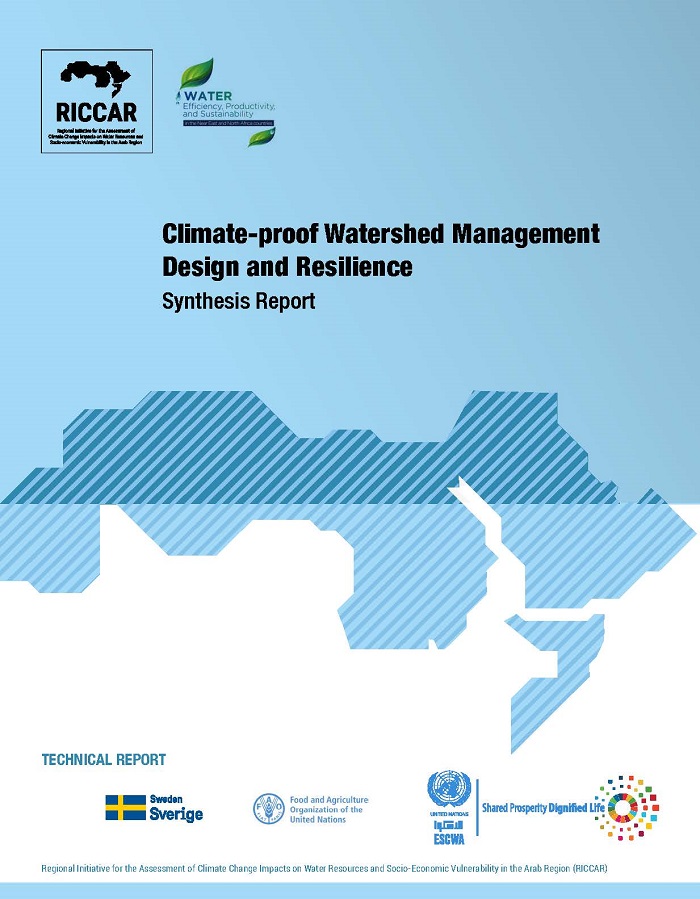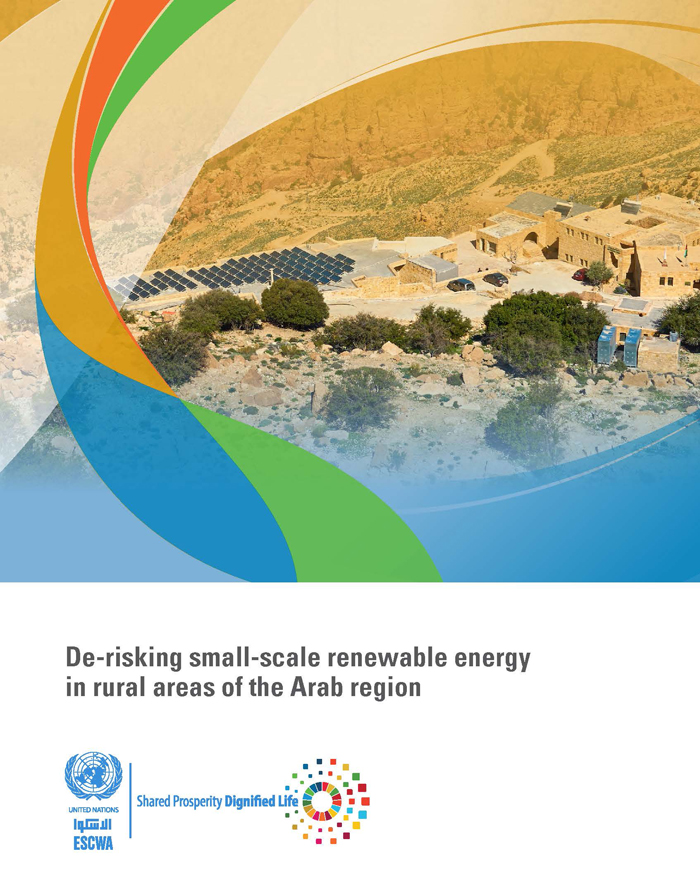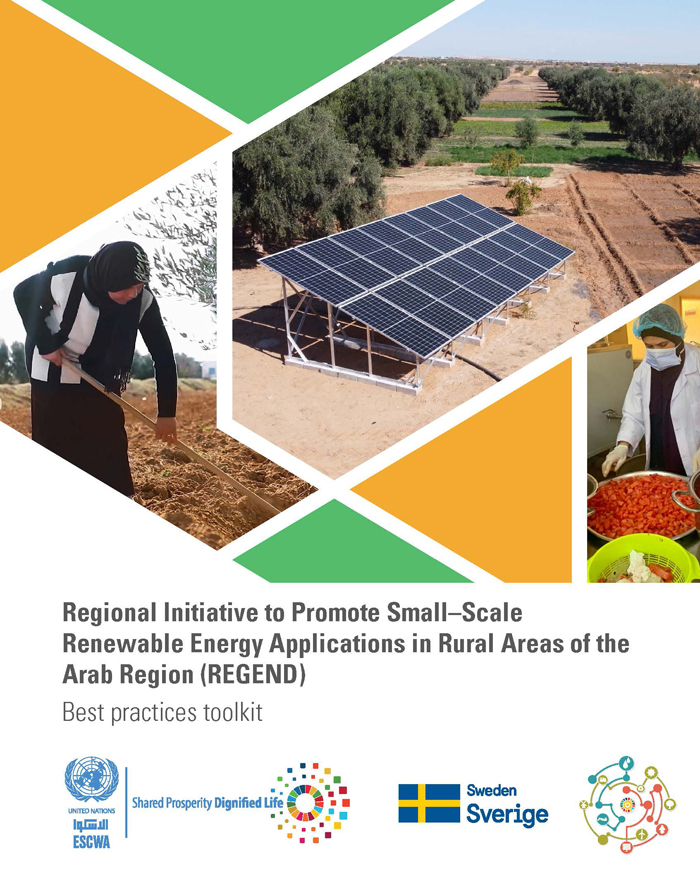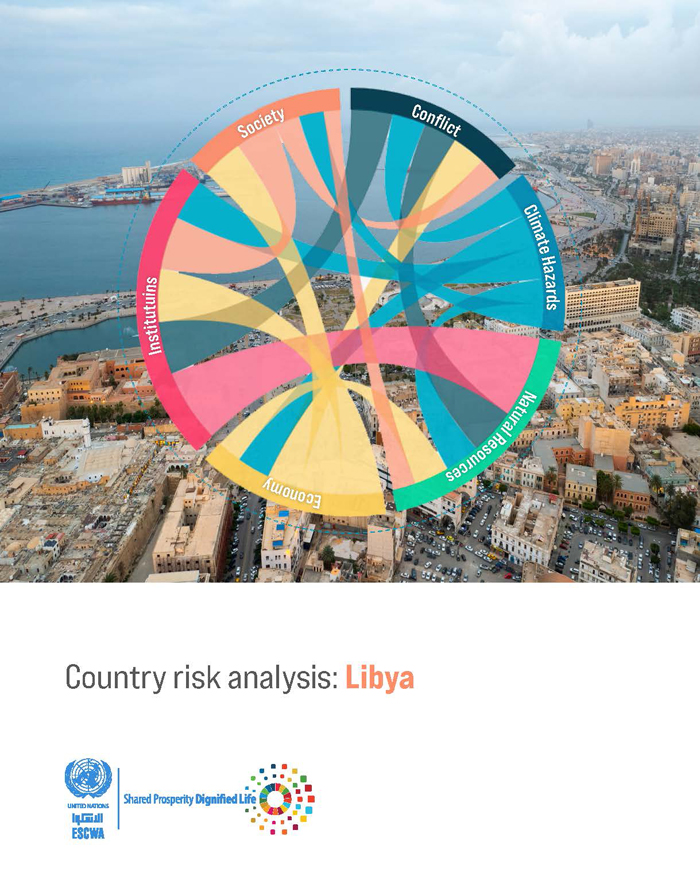
ESCWA Publication: E/ESCWA/CL1.CCS/2022/RICCAR/TECHNICAL REPORT.17
Country: People’s Democratic Republic of Algeria, Lebanese Republic
Publication Type: Reports & studies
Cluster: Climate Change and Natural Resource Sustainability
Focus Area: Climate change, Natural resource sustainability
Initiatives: RICCAR
SDGs: Goal 6: Clean Water and Sanitation, Goal 13: Climate Action
Keywords: Climate change, Water resources, River basins, Climate change adaptation, Lebanon
Climate-proof watershed management design and resilience: Synthesis report
June 2023
The Arab region is among the most water-scarce regions of the world. Nineteen out of twenty-two Arab States receive less than 1,000 m3 of renewable water resources per capita annually, the water scarcity threshold. Thirteen States have less than 500 m3 per capita annually. This reality makes Sustainable Development Goal (SDG) 6, Clean Water and Sanitation for All, an important priority for the Arab region and comprises the motivation behind a collaboration between the Food and Agriculture Organization and the United Nations Economic and Social Commission for Western Asia: “Implementing the 2030 Agenda for water efficiency, productivity and sustainability in the Near East and North Africa region.”
This joint project focuses specifically on SDG target 6.4 – to “substantially increase water use efficiency across all sectors and ensure sustainable withdrawals and supply of freshwater to address water scarcity and substantially reduce the number of people suffering from water scarcity”. Funded by the Government of Sweden, the project seeks to improve water resource management in the Arab region. Watershed management plans and resilience packages were developed for the Nahr el Kabir and Nahr el Kalb basins in Lebanon and the Algerois watershed in Algeria.
This technical report provides an overview of the methodology used in the project, followed by a summary of key climate projections and climate risks and a description of the vulnerability assessments conducted for Nahr el Kabir, Nahr el Kalb and the Algerois watershed. The final sections of this report describe the process and considerations for developing intervention recommendations and the key lessons learned.
Related content
Climate change
, Natural resource sustainability
,
The Arab region is among the most water-scarce regions of the world. Nineteen out of twenty-two Arab States receive less than 1,000 m3 of renewable water resources per capita annually, the water scarcity threshold. Thirteen States have less than 500 m3 per capita annually. This reality makes Sustainable Development Goal (SDG) 6, Clean Water and Sanitation for All, an important priority for the Arab region and comprises the motivation behind a collaboration between the Food and Agriculture Organization and the United Nations Economic and Social Commission for Western Asia: “Implementing the 2030 Agenda for water efficiency, productivity and sustainability in the Near East and North Africa region.”
This joint project focuses specifically on SDG target 6.4 – to “substantially increase water use efficiency across all sectors and ensure sustainable withdrawals and supply of freshwater to address water scarcity and substantially reduce the number of people suffering from water scarcity”. Funded by the Government of Sweden, the project seeks to improve water resource management in the Arab region. Watershed management plans and resilience packages were developed for the Nahr el Kabir and Nahr el Kalb basins in Lebanon and the Algerois watershed in Algeria.
This technical report provides an overview of the methodology used in the project, followed by a summary of key climate projections and climate risks and a description of the vulnerability assessments conducted for Nahr el Kabir, Nahr el Kalb and the Algerois watershed. The final sections of this report describe the process and considerations for developing intervention recommendations and the key lessons learned.



